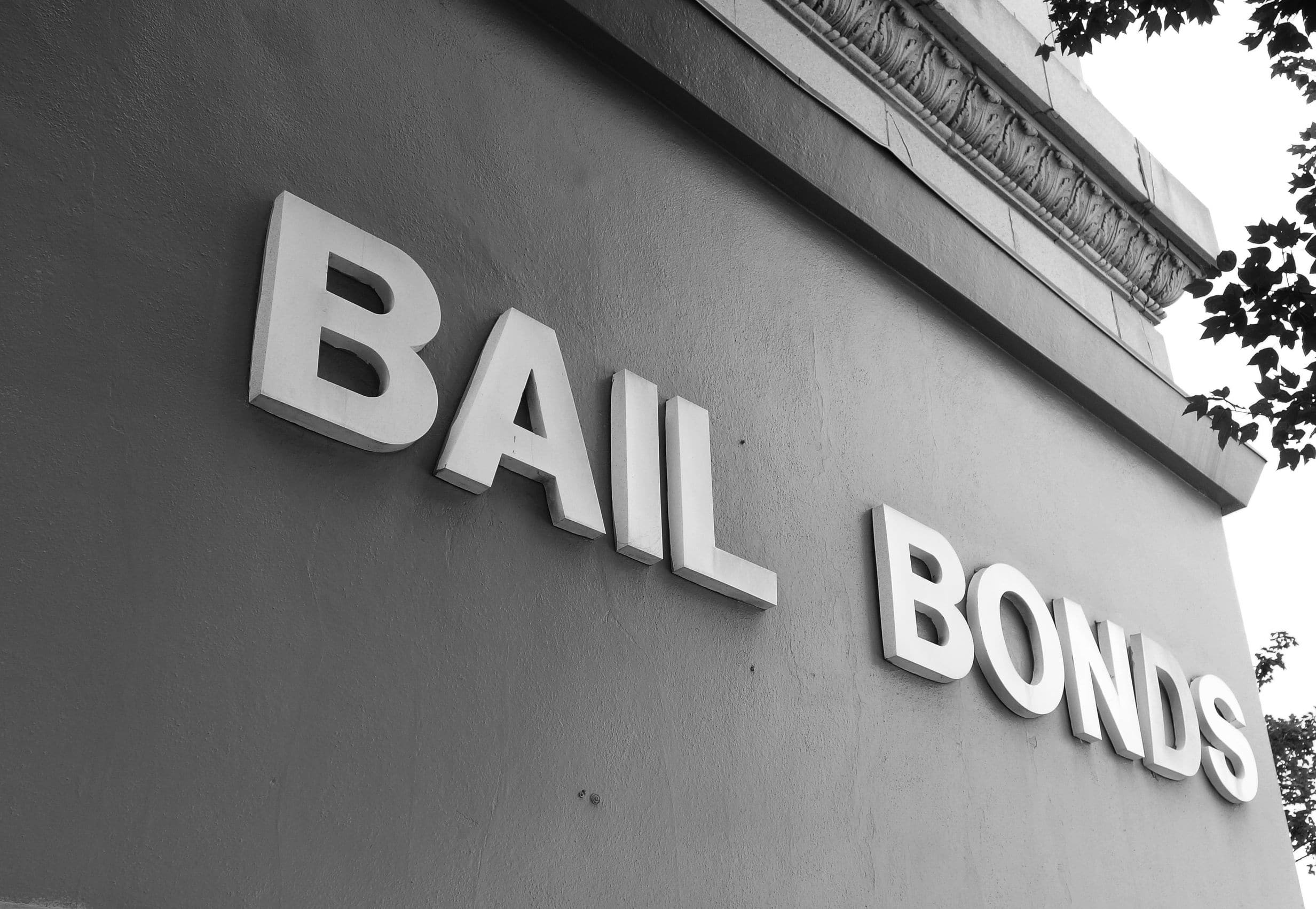Making the decision to drink and get behind the wheel of a car is a choice that can have a huge impact on your world as well as others in it, as one Charlotte man recently found out.
A head-on crash caused by an intoxicated driver caused the death of another man and seriously injured the driver. The driver recovered in the hospital but was arrested by police for felony death by vehicle. He also faces charges for reckless driving and driving while impaired.
This story serves as a cautionary tale for driving while intoxicated. Here’s what you need to know about North Carolina DWIs and the penalties you could potentially face if caught driving while intoxicated.
DWIs in North Carolina
Driving while impaired, also called a DWI, is when someone operates a motor vehicle while impaired by drugs, alcohol, or some other intoxicating substance.
It is illegal to operate a vehicle in any public place or on a highway while under the influence with a blood-alcohol level of 0.08 percent or higher or with any metabolized schedule one controlled substance in your body, such as opiates.
Penalties for DWIs in North Carolina
If you are convicted of a DWI in North Carolina, then you will be sentenced by a judge. At the special sentencing hearing, the prosecutor, as well as the defense, can present mitigating or aggravating factors that can have an influence on the outcome of the sentencing hearing.
Gross Aggravating Factors
If there was a situation where a serious injury was sustained by another person involved, you were driving while having your license revoked for a previous DWI, or you had a minor in the car with you at the time of the DWI, then those are considered gross aggravating factors.
Aggravating Factors
Aggravating factors are circumstances such as reckless driving, a blood alcohol level of 0.15 percent or more, speeding at least 30 miles per hour over the speed limit, eluding police, causing a collision, or passing a stopped school bus.
Mitigating Factors
These are factors that can work to help your case in sentencing. They include things such as evidence of a low blood alcohol level at the time of the arrest, that the drug you were impaired by was prescribed by a doctor, or that you’ve been working on getting sober with the help of treatment prior to the sentencing hearing.
All of these factors will have an influence over the judge who will then sentence you under one of five different DWI levels.
Five Levels of North Carolina DWI
There are five DWI levels in North Carolina. Learn more about each level and the penalties associated with them below.
Aggravated Level One
Three or more gross aggravating factors can influence the judge to sentence the defendant to up to 36 months in prison and pay fines for as much as $10,000. If the judge is lenient and only orders probation, the defendant must still spend a minimum of four months in prison and also submit to drug and alcohol monitoring while on probation. The offender must also complete a drug and alcohol assessment as well as a treatment program.
Level One
This DWI level results where there are two gross aggravating factors. It can result in up to two years in prison and fines for as much as $4,000. Probation is also an option, but treatment must be completed, and the defendant is required to spend at least 10 days in jail. They’ll also be monitored for sobriety.
Level Two
One gross aggravating factor can result in fines for as much as $2,000 and up to one year in jail. You must complete a drug and alcohol assessment and treatment, as well as up to 240 hours of community service.
Levels Three, Four, and Five
If there are no gross aggravating factors, then one of these levels is applied. Level three can result in up to six months in jail and fines of $1,000. Level four can result in up to three months in jail and fines of $500. Level five can result in up to $200.
For questions about the specific DWI charges or the level of the charges you personally face, an experienced North Carolina criminal defense attorney can be a wealth of knowledge. Once they are answered, the attorney can also advise the best course of action in your particular case.









